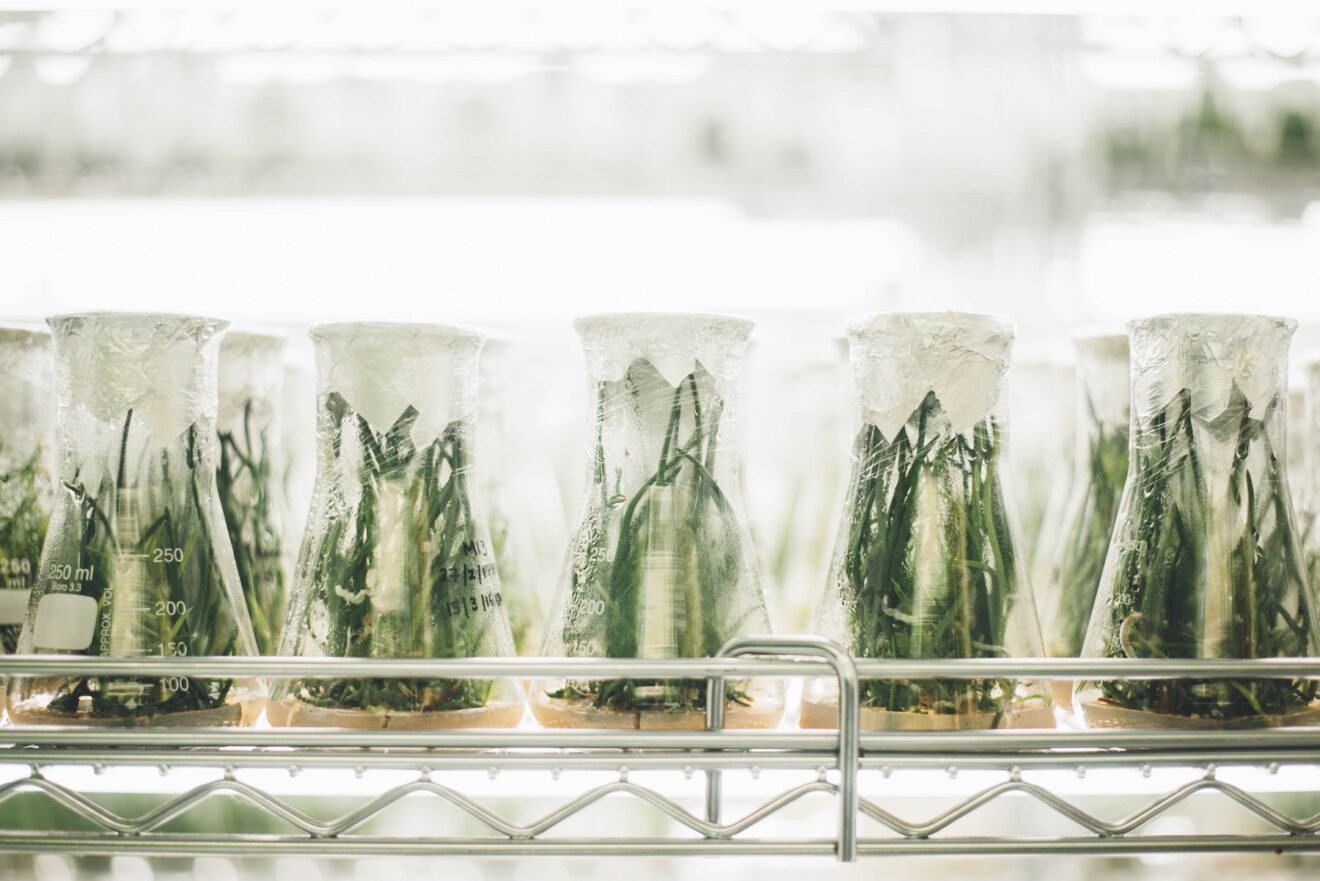Consumers talk a lot about fresh. The trend toward fresh can be understood as a historical process that is continually (re)defining what quality means in the world of food. Fresh is the cultural shift toward all things healthy, real, pure and special. It is the real and symbolic practice of eating healthfully and living well. Almost any food can be reimagined to tap into the consumer’s desire for “all things fresh.” What determines success will not be the abject freshness of the product but, rather, that consumers believe and trust that the product in question is of the highest quality possible.
It sounds like an easy distinctive to make. Yet science and technology play a prominent role in the world of food today with production methods leaning heavily on those types of innovation that can seem out of step with consumers’ idealization of more “natural” ways of making food.
The Hartman Group’s 2019 Food & Technology: From Plant-based to Lab-grown report finds that on the one hand, many consumers want to “return to Eden,” where nature produces abundant, rich, simple foods without intervention; they feel that science and technology has caused an array of problems for food by processing and manipulating it for profit.
On the other hand, there are those consumers who believe that returning to “how things were” is now unattainable, and science and technology may be the best way to solve many of the problems with food, health, and the planet today. In the end, the motivations of the players in food and technology play an important role in determining whether consumers see food science innovations as a force for good. And consumers are ultimately the arbiters of what is fresh and healthy food.
It is important to understand that fresh is not so much an objective distinction (as in the difference between fresh fruit and canned fruit) as it is a multi-faceted framing device that allows consumers to differentiate between the real and the imitation, the raw and the processed, the tasty and the bland, the ripe and the stale, the good and the bad, the fancy and the plain, and so forth.
Consumers are attracted to fresh products for a variety of reasons (taste, quality, healthfulness, status, ideology, etc.), attributes that are very much the reasons why a growing number of today’s consumers are attracted to an array of emerging plant-based and alternative-protein food and beverage products.
According to our Food & Technology report, long-standing cultural narratives provide a framework for consumers to understand and talk about their relationship with nature, food and technology. Today’s “default” cultural narrative around food is the return to Eden and fall from grace. Regarding technology, however, the default narrative is the forward march of technological progress and human knowledge. Technologically innovative foods bring these two competing narratives together in uneasy combination.
Consumers end up occupying a middle ground in which they celebrate the role of science and technology while acknowledging the problems they have caused. The majority of consumers both believe in technological progress and desire a “return to nature.” This cognitive dissonance is never far from the surface when discussing innovative foods. It results in conflicted feelings around innovative foods that seem highly processed or tech-driven.
As a result, they feel science and technology should have limits. When considering the acceptability of technologically innovative food, they deploy a culturally based moral equation: do the ends justify the means?
Innovators in food science and technology must consider how to position their products in terms of the dominant narratives of what “positive progress” looks like in food culture today, a combination of reconnecting to a natural past and excitement for the future.
Related stories:
- Biodiversity plays a key role in the future of food
- What’s next for plant-based brands in a flexitarian world?
- Report: Foodservice industry continues to make progress toward a more sustainable, plant-forward future
As CEO of The Hartman Group, Demeritt drives the vision, strategy, operations and results-oriented culture for the company’s associates as The Hartman Group furthers its offerings of tactical thinking, consumer and market intelligence, cultural competency and innovative intellectual capital to a global marketplace.
__________________________________________________
If you enjoyed this article, sign up for Produce Industry SmartBrief or FMI DailyLead to get news like this in your inbox, or check out all of SmartBrief’s food and travel newsletters as we offer more than 30 newsletters covering the food and travel industries from restaurants, food retail and food manufacturing to business travel, the airline and hotel industries and gaming.
